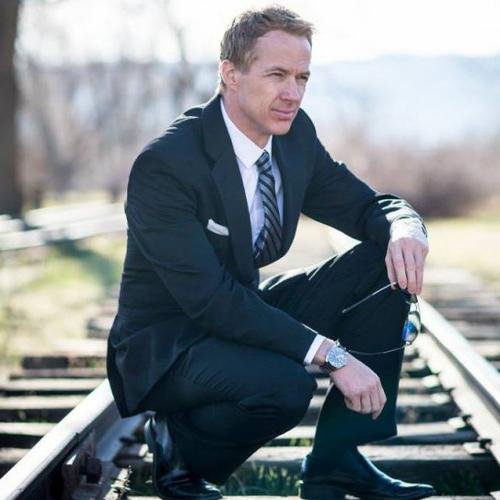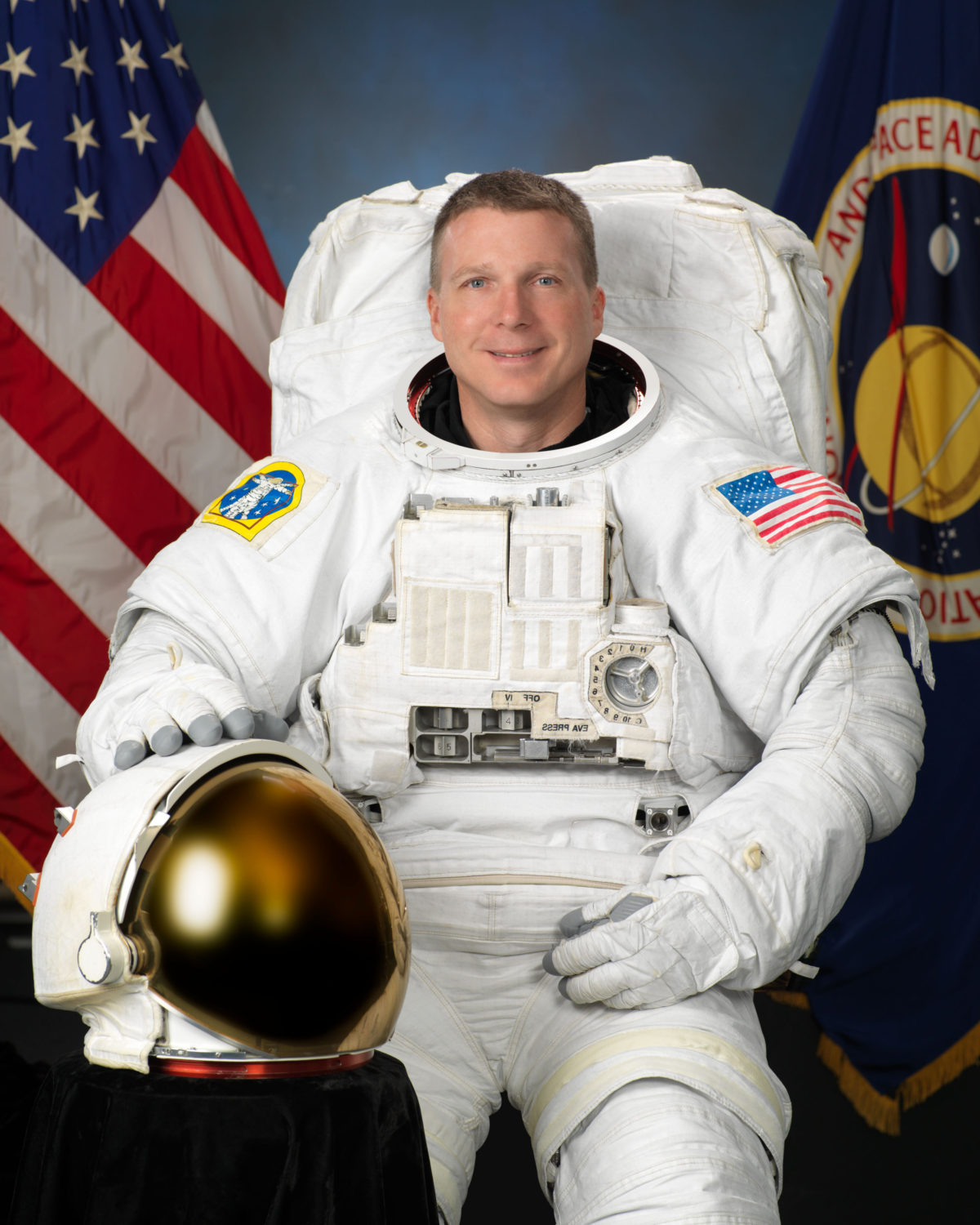
“The Science of Values, Leadership, Conflict, and Change”
I have 30 plus years in business, as a banker, trader, consultant, entrepreneur, and part-time professor. During those years my passions have been learning, both in the personal development arena, and in science and philosophy. I see business as the way we realize the potential of science and technology, for the betterment of humankind. The power business enjoys today (globally) is enormous, so business requires an ethical foundation to ensure that that power creates sustainable growth, and solves the world’s problems rather than creating more.
My mission is to bring the best scholarship and insight to the expert community from disciplines outside or at the periphery of those studied in traditional business schools, subjects such as neuroscience, behavioral economics,sociology and philosophy.
While contributing to the advance of business thinking, I aim to bring practical, usable tools to business people, consulting services to business, and ‘intelligent inspiration’ to audiences.
My five year vision is to transform business practice through publication of unorthodox, challenging, though-provoking material, and to guide businesses in its application. The dream is two New York Times best-sellers and a host or products and smaller books that make big differences in the day-to-day lives of business people.
Career highlights
- Three years as a research scientist (neurotransmitters)
- Seven years on Wall Street
- Eight years in mainstream consulting
- Eight years building, then selling my own consulting firm (Future Considerations)
- Six years writing and teaching at US universities
Current projects include:
- updating the change & leadership world with 21st century research from the Human Sciences in a book titled – The Science of Organizational Change (out May 2015)
- researching 21st century leadership and how transformative technologies and analytics might alter the leadership landscape in years to come
- researching the untraveled intersection between business and philosophy
- writing a book series of leadership tools, to include Reboot Your Project, Reboot Your Career, and Reboot Your Life (published December 2013)
What is next?
Having finished my writing sabbatical, I am interested in collaboration or opportunities:
- running an Executive Education function for a major University, or running the leadership development practice for a major consulting firm
- thinking about the next book project – perhaps The Science of Personal Change
- faculty/ consulting opportunities in leadership, change management, or culture change
- working on a joint book project in the Reboot series (Reboot Your Career, Reboot Your Change Program)
After college, I began a lucrative but unfulfilling career as a derivatives trader working for Salomon, CSFB, and Morgan Stanley in the heady 80s. In 1993, PricewaterhouseCoopers (PwC) needed a ‘math guy’ to help the company advise banks on derivatives risk management. I joined as a Strategy consultant. Change became a passion when time after time, my strategy consulting recommendations at PwC, developed in harness with other Sheldon Cooper-types, failed to produce change. The client CEO and his team would nod at all the right places, lavish praise upon us, and pay our exorbitant fees, but our work failed to take into account ‘people’ and failed to engage the organization. So nothing happened. Our beautiful recommendations provided ballast for office drawers, decoration for bookshelves and eventually found the circular filing cabinet. After two years, I had seen enough dismal results and needed a change. Disenchanted, disillusioned, I began a two-decade long search for how humans and organizations change. At that time, my communication skills were more suited to the trading room, so I turned to Gestalt Psychology, a Coaching certification, and all manner of personal growth workshops to add experiential learning to the academic.
When PwC assembled a team of experts from around the world to work in London in its internal ‘think-tank’ in 1995, I became one of its Innovation and Change Management specialists. At the same time, my direct style became an asset to PwC’s clients whose sacred cows were getting in the way of change project results.
During these twenty years in consulting, I worked on change programs at HSBC and Barclays banks, Shell, Anglo American, British Airways, Credit Lyonnais, the behemoth Department of Work and Pensions (equivalent of the US Social Security Administration), Reed Elsevier, KPMG and the London Fire Brigade. When change fails, it fails big: there are now billion dollar catastrophes every year. Yet for every headline grabbing failure, there are hundreds of thousands of change projects festering: not producing results, and making people miserable along the way. Through bitter lessons, dedicated study, and decades of experience I have had enormous success in turning around failing change projects and transforming dysfunctional cultures.
In 2001, I took the road less traveled instead founding my own consulting firm: Future Considerations. For 8 years, I grew the business 60% a year despite competing with Duke, Harvard and INSEAD in our target market (board level culture change and executive development). We worked on five continents, and our clients included 11 of the Fortune Global 100. Our programs featured deep personal development, critical leadership skills, and hard organizational results. In 2009, I sold the business, and its sister Sustainability consulting firm (Carbon Considerations).
To learn more about Paul, (303) 478-6652 or email


